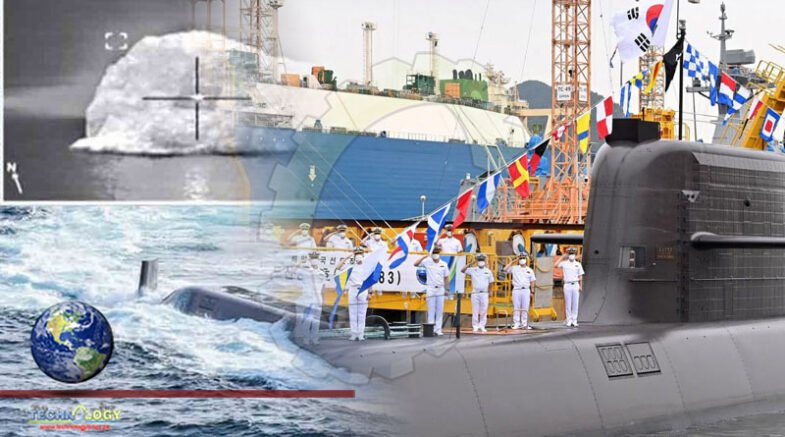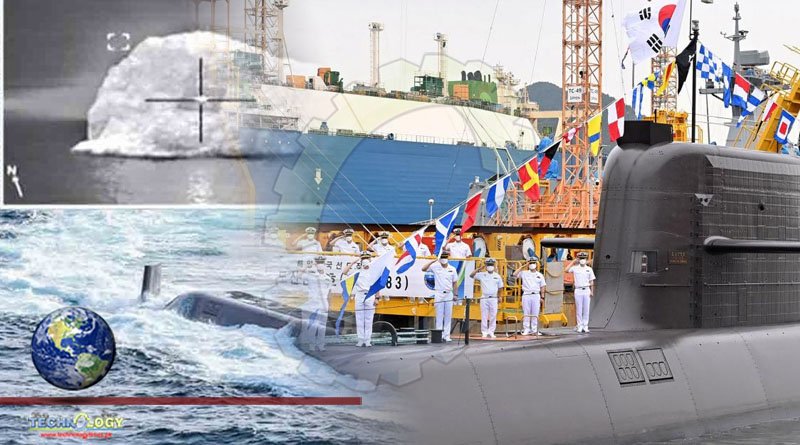South Korea has test-fired a homegrown submarine-launched ballistic missile, a report said Tuesday, as it seeks to build up its forces to defend itself from the nuclear-armed North.

Pyongyang has long sought to develop submarine-launched ballistic missile (SLBM) technology, and showed off four such devices at a military parade overseen by leader Kim Jong Un in January, with state media KCNA calling them “the world’s most powerful weapon”.
South Korea’s Agency for Defense Development last week carried out underwater ejection tests of the SLBM from a new, locally developed 3,000-ton class submarine fitted with six vertical launching tubes, Yonhap reported, citing unnamed military sources.
The SLBM is believed to be a variant of the country’s Hyunmoo-2B ballistic missile, with a range of around 500 kilometers (310 miles), and will be mass produced for deployment after another round of tests, it added, AFP reported.
South Korea joins only a handful of countries to have successfully developed an SLBM.
Seoul on Monday allocated nearly 1.5 trillion won ($1.3 billion) for defense technology research and development next year in a budget request submitted to parliament.
If approved, it will represent a 76 percent jump in the research budget of the Defense Acquisition Program Administration, which will be used to “actively develop cutting-edge, future technologies”, according to a press release.
Pyongyang is also looking to further enhance its submarine forces.
In January, Kim told a congress of his ruling Workers’ Party that the North had completed plans for a nuclear-powered submarine.
Any such vessel is likely to be years away from going into service, but analysts say it could be a strategic game-changer, enabling Pyongyang to launch a surprise strike underwater even if its land-based forces had been destroyed.
Kim inspected a newly built submarine in 2019, when pictures showed him standing next to a gigantic vessel accompanied by officials.
State media said it would soon be deployed for operations, without giving details of its capabilities.
Source The Times UK
